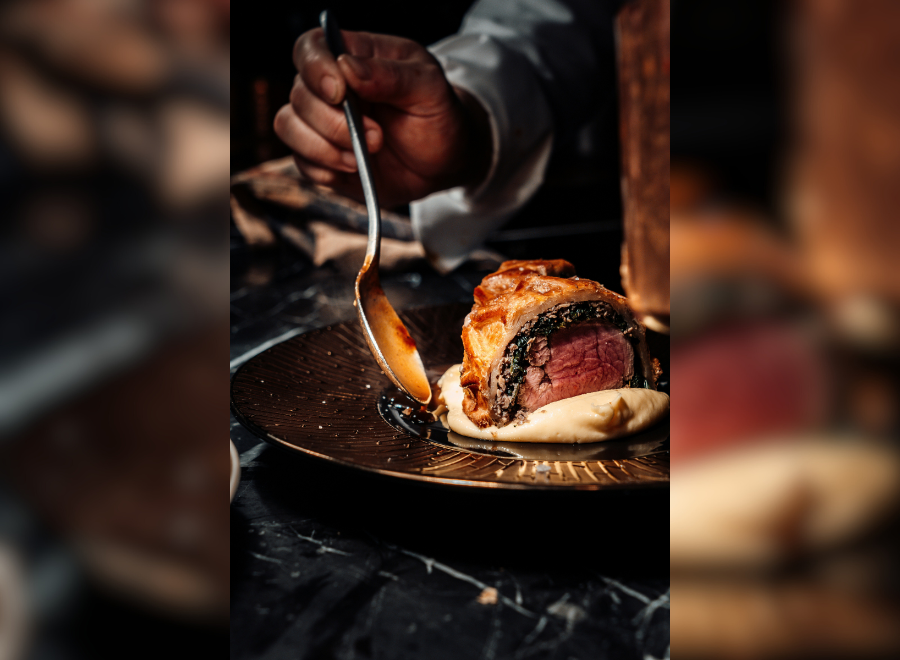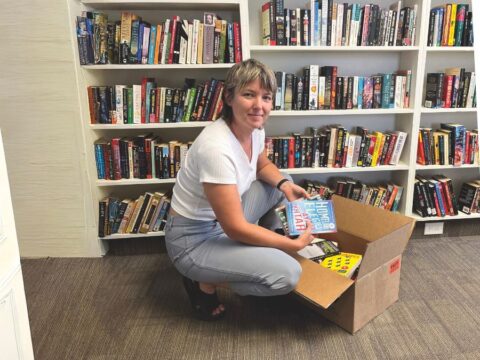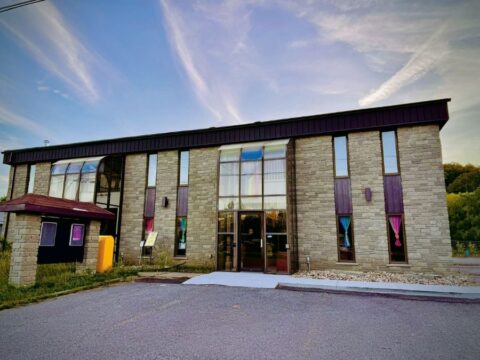Being a Black African man in Ottawa takes an emotional toll. According to the World Population Review, 72 percent of Ottawa’s population is white, making it one of the least diverse major cities in Canada. I have previously written about what it’s like to shop here: I’ve lost count of the number of times that I’ve been patrolled by watchful eyes as I perused clothing racks, or observed workers stop running merchandise so that they could keep an eye on me. On more than one occasion, I’ve been in a store and a random white person has asked me, “Excuse me, do you work here? Where’s the shoe section?”
Until recently, I didn’t realize the same problems exist in Ottawa’s fine-dining restaurants, too.
You may unsubscribe from any of our newsletters at any time.

In January, after carefully saving for over a month, I went out to eat in four of Ottawa’s upmarket restaurants, ranging from $80 to $170 per person. The first place I visited was a wine restaurant on Ottawa’s buzzy Elgin Street. I had made a reservation online and showed up at the designated time, but just a few seconds after walking in the door, I was met with an unsavoury reality. Instead of being greeted like the other guests, the host asked, “Are you a DoorDash person?”
Her question felt humiliating. “No, I’m a diner. Not a food courier,” I said before being seated.
More on Broadview:
-
Black women are still struggling to get promotions and equal pay for their work
-
How over-policing Black children can damage their mental health — and future
At the next restaurant, also on Elgin Street, the hostess coldly greeted me. “Ever been here before?” Whilst others, obviously middle-aged white, were dispatched into the restaurant without humiliating small talk, the hostess badgered me. “Uber Eats? DoorDash courier? Got an order number?”
“I reserved a table,” I said, over-explaining myself. When you are Black in Ottawa, you constantly have to justify your presence in certain quarters. The waiter then sat me at the most isolated table.
At the final two restaurants I went to, I encountered the same reactions: both of them asked me whether I was a food courier, making it very clear that these spaces weren’t for folks who look like me.
I spent time working as a dishwasher in one of Montreal’s poshest restaurants, so I’m conscious of how Black folks fit into the picture: we’re expected to be in the back of the house, not feasting Wagyu beef over glasses of Pinotage. To give a picture of the labour disparities in the fine dining world, according to a 2023 Bloomberg analysis, there are only six known Black Michelin star chefs globally. In Canada, there are none.
This might help explain why Black diners face so much discrimination. According to a 2020 survey published in the International Journal of Hospitality Management, which asked full-time wait staff about anti-Black bias in the restaurant industry, two-thirds of respondents stated that they have observed their coworkers making racist comments. An additional 66 percent said that customers sometimes received poor service because of their race.
I‘ve seen and experienced this firsthand. In some Ottawa restaurants, I’ve noticed that Black people get asked to tap the card machine before they even order wine or dessert. It’s a problem that isn’t unique to my city. In 2014, a Black patron was asked to pay for his meal before being served at Hong Shing Chinese Restaurant in Toronto whilst other non-Black diners got the usual pay-after-meal service. He filed a complaint with the Ontario Human Rights Tribunal and in 2018, the restaurant was ordered to pay $10,000 CAD for racial discrimination.
A close friend of mine, who drives for Uber in Boston and wrote a book about immigration called Why We Are Coming,alludes to the same hostile reception at restaurants across the border. “In the sit-down middle-tier restaurant I go to every Saturday evening, the restaurant manager personally greets most of the regular white diners and asks them little stuff about their everyday life. He sees that I am regular, but just passes by me and never bothers with small formalities.”
“In the U.S., it’s even more frightening; the prospect of being Black in a trendy up-class restaurant, misplacing your wallet and police being called on you.”
For Black people, there are still so many corners of society where we’re made to feel like outsiders. I certainly felt like one in every restaurant I visited. Establishments need to make an effort to train their staff to recognize their unintended bias when serving different racial groups. Only then will everyone be able to dine with dignity.














